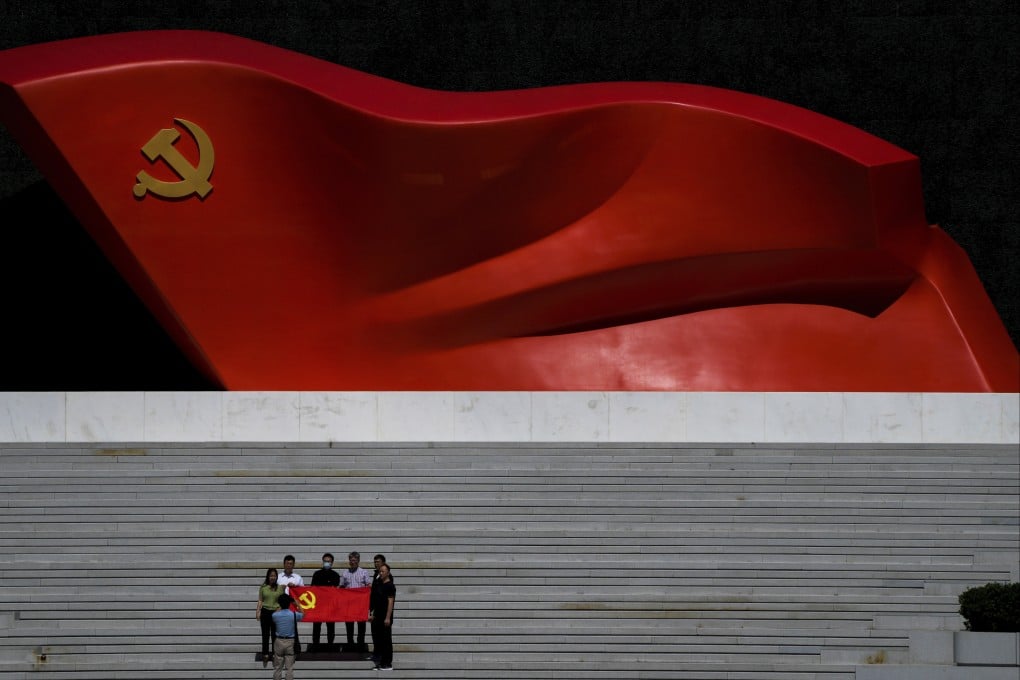China’s Communist Party points to ‘continuity’ at congress, observers say
- Politburo statement announcing date of the key political event suggests it will be ‘primarily dominated by Xi Jinping’s agenda’
- Mention of having confidence in Chinese history also seen as significant, and could be ‘one key indication of where China is going’

It cited a Politburo statement laden with political slogans from the past decade of Xi’s rule and a call for the party to take stock of the “major achievements and valuable experience” under his leadership. It also called for the party to continue to implement Xi’s key policies.
The congress would also “thoroughly review the international and domestic situations … as well as the new expectations of the people”, according to Xinhua.
Party members and Chinese would be mobilised to “firm up confidence in their history, strengthen [their] historical initiative, innovate on the basis of what has been done, and bravely charge ahead”, and to push forward policies such as “common prosperity”, which Beijing says is aimed at narrowing the wealth gap.
There will also be some key leadership changes made at the congress, though Xi is expected to secure a third term in power. An official report from the ongoing meeting of the National People’s Congress Standing Committee on Tuesday said personnel changes had been discussed, but no further details were given.